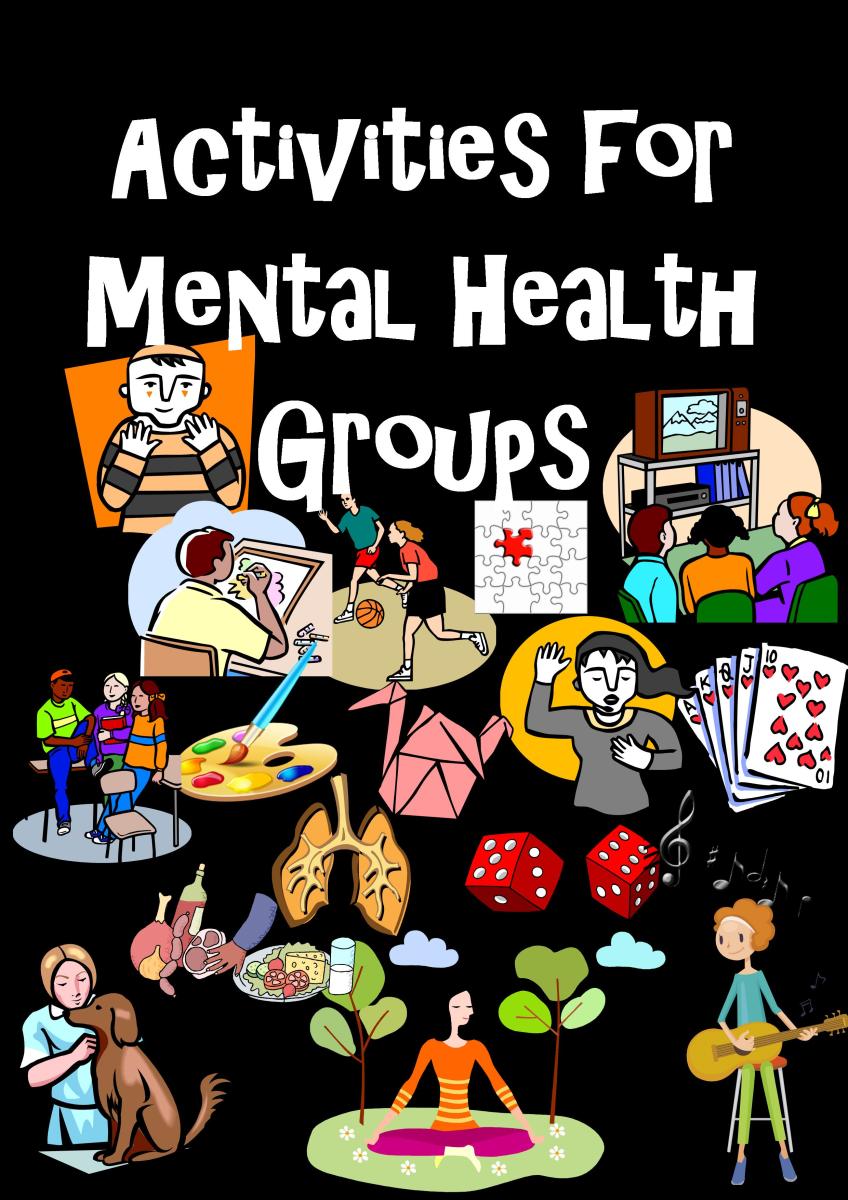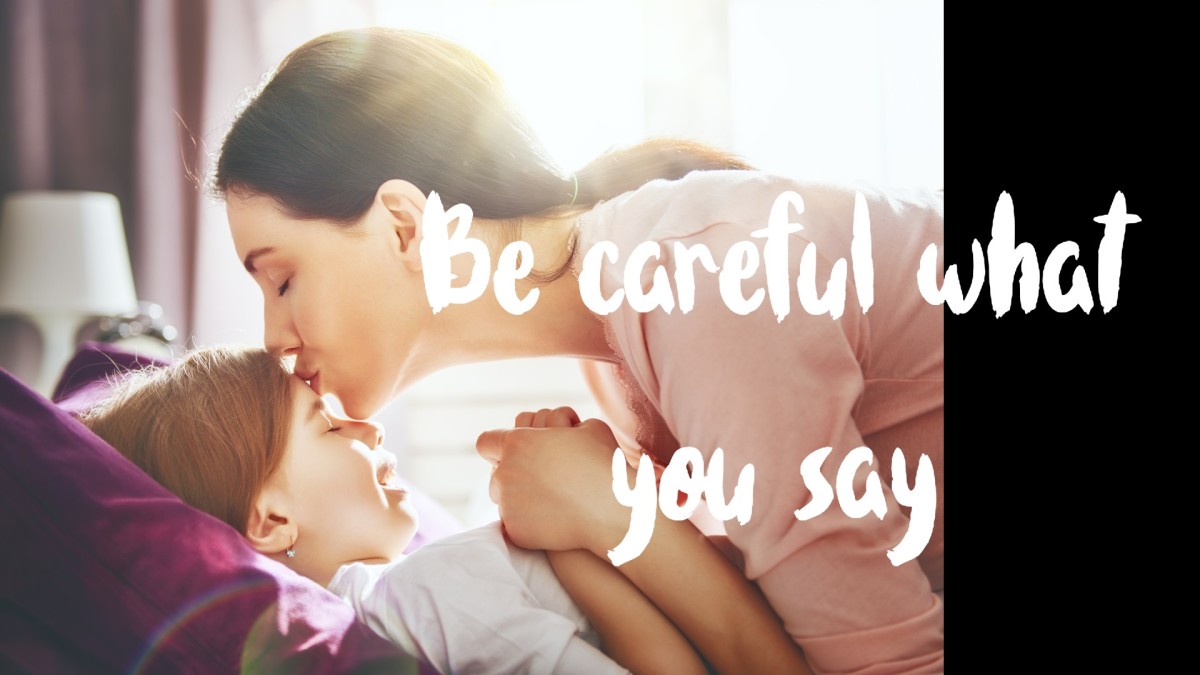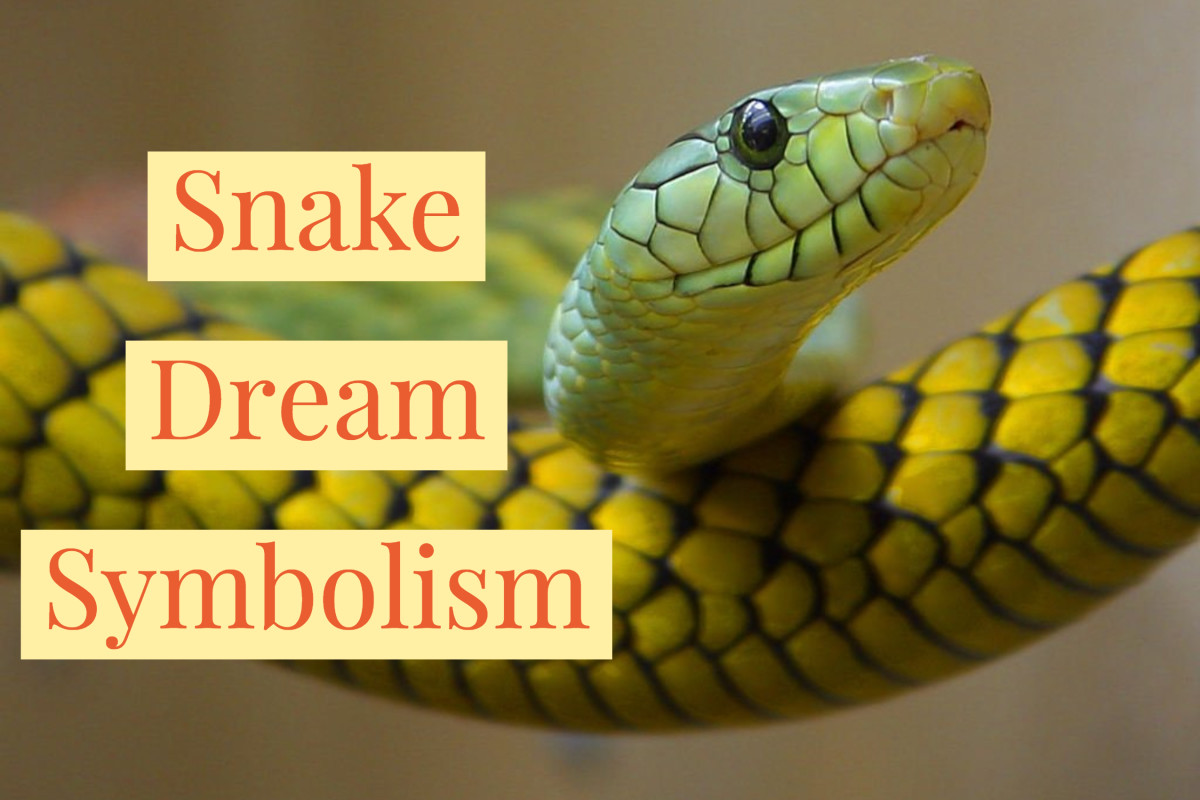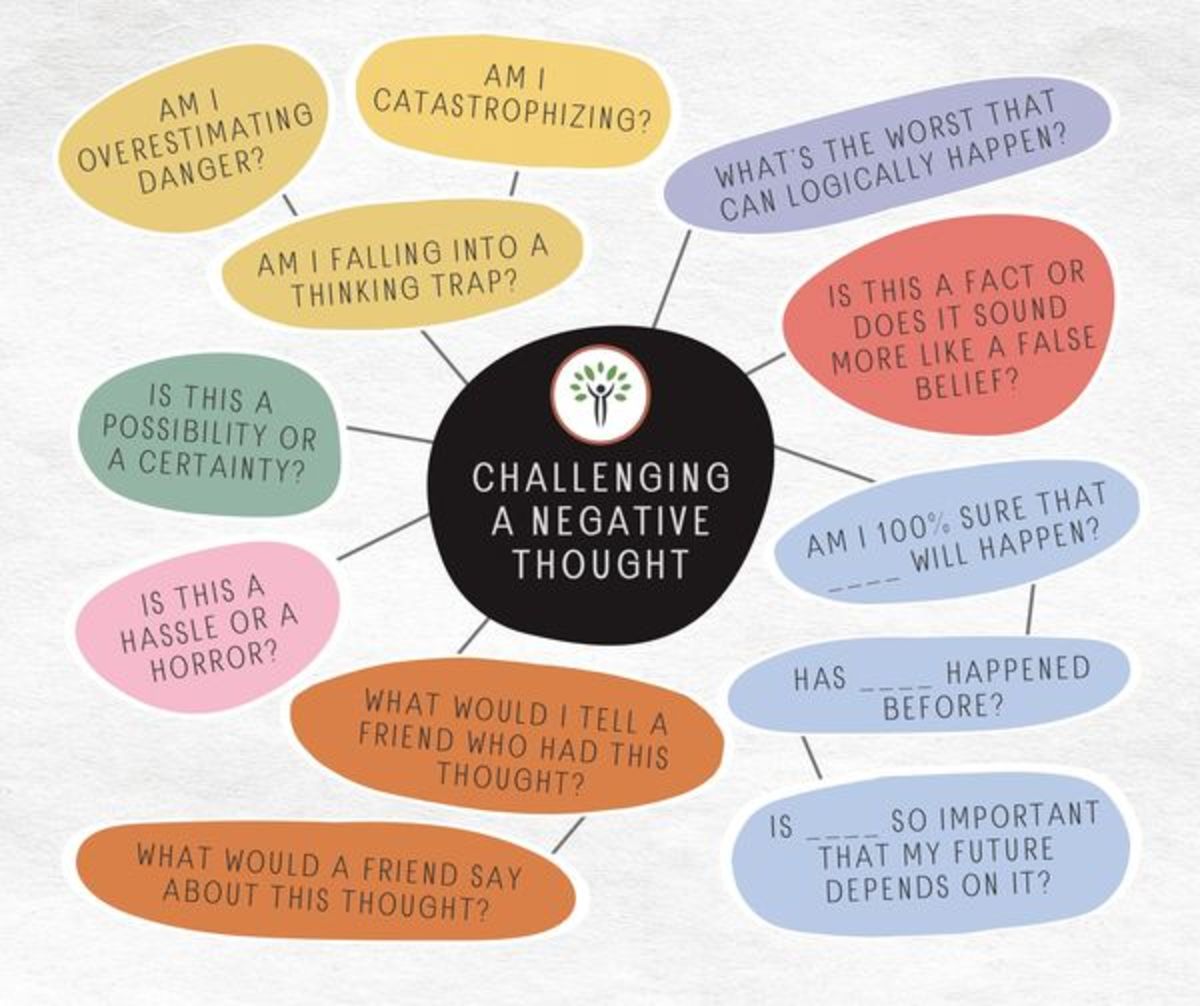Mental Health and Reaching out: Why We Need to Encourage Kids to Talk
Grief, Pain And Mental Health Are Complicated
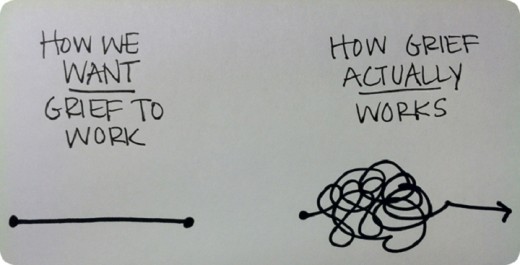
Talking About Mental Health Is Hard - And It Should Be
This has probably been one of the most challenging weeks of my teaching career.
For the first time, I've had to deal with the aftermath of a student's sudden death. This was a young child, just two years older than my oldest daughter (my daughter is 13), and while I did not directly teach the student, I continue to teach students who either knew this young lady or who are simply shellshocked that one of their own is no longer with us. I continue to work with my colleagues who either had this young lady as a student this semester or have taught her in the past. To say emotions have been running high in the school for many is an understatement, and like several people in the school, I'm someone who somehow resonates with the energy those around me give off.
It's taken me four days to try and sort around my thoughts, and while there will always be questions about what ultimately happened, the bottom line is, there will be no answer that will be definitive enough to satisfy the need to understand what happened. There are kids in my school who are grieving, some of them hard, and as an adult seeing kids in pain and wanting to understand how to process it, it's been difficult.
Grief and death are both difficult to talk about, and their respective impacts on our mental health are equally challenging. It's all uncomfortable, and messy, and what's worse is there's no clean way out of it and no timeline. Even for deaths we "expect" of a loved one, for instance, we are left empty and struggling to pick up the pieces of our lives and carry on.
I remember a couple of years ago when I saw a Facebook post from a former student about the sudden death of her friend. The young woman who died was also a former student, and when I learned that she'd been killed in a drunk driving accident, it was as though someone had reached into my chest and crushed my heart with their fist. I'd not been in touch with this student for years, but I had taught her for a couple of years, and had always been struck by her intelligence, her wit and her candor, and to know that at 25 she was simply gone was devastating.
I was taken back to those feelings this week upon learning of this sudden death this week, and knew that my kids who were in the same grade as this student were feeling that sudden hole in their lives. They may not have known the young lady, but the simple knowledge of one of their own was just no longer there - or would be again - had to be incredibly painful, and that pain was as palpable a presence as a living, breathing human in our school. We had extra counsellors, staff who were wanting to talk about it, and still, there were kids who either felt as though they couldn't talk or that they shouldn't talk.
Grief, death and their respective impacts on our collective mental health are difficult subjects to discuss. They should be. Death in general is not a pleasant subject, and when it comes to a young person having died, it's so much more painful. There are many teachers who are also parents, and there was that struggle of "what if that had been my kid?" On hearing the news, I just wanted to grab my kids, hug them and never let them go...but I had students who were also hurting. I asked my students if they were OK - some didn't know the young woman who died, but many did and many were just struggling with the idea that someone their own age was simply not there anymore - and advised them that if they needed to talk, my door was open and there were extra counsellors in the school. It was a time where I felt completely inadequate, knowing that nothing I'd say or do would be near enough for these kids in the desks in front of me to feel like their world was set right again.
We need to be able to appreciate that there are simply times when conversations are going to be difficult and painful to have, but sometimes, we just need to have them, or at the very least, open the door.
We need to at least be comfortable with the uncomfortable moments that create challenges for us as far as having conversations about painful situations go.
If we, as adults, don't at least try to have these conversations with our kids, or with each other, regardless of how painful these moments might feel to us, how are our kids going to learn to talk about them freely?
How are we going to let people know it's OK to talk about grief and death and how it affects us if we don't actually talk?
Start the conversation - sooner, rather than later.



